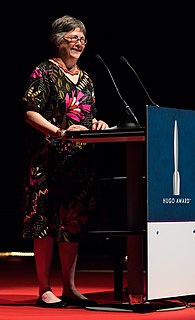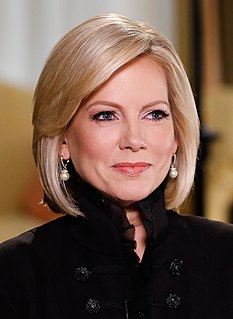A Quote by Jamal Khashoggi
In the 1970s, the only places on the Arabian Peninsula where women were working outside the home or school were Kuwait and Bahrain.
Related Quotes
When you talk to women who were working as print journalists or in broadcasting in the '50s, and then you talk to women who were working in the late '60s, there's an enormous difference. There had already been a huge transition. Then, of course, you get well into the '70s and there were women with children working.
Our goal in the '70s was to end the closed door era. There were so many things that were off limits to women, policing, firefighting, mining, piloting planes. And the stereotypical view of people of a world divided between home and child caring women and men as breadwinners, men representing the family outside the home.
When I was in high school in the early 1970s, we knew we were running out of oil; we knew that easy sources were being capped; we knew that diversifying would be much better; we knew that there were terrible dictators and horrible governments that we were enriching who hated us. We knew all that and we did really nothing.
We were very - we were a working family, and my father had this very simple philosophy, simple working class approach. If you spoke to my father and said, "Mr Smith across the road, what do you think of Mr Smith?", he'd only - he'd only say a couple of words. He'd say, "He's a worker", and that meant this bloke got up in the morning, went out, worked, brought his money home, fed his wife and kids, housed them, got them to school, educated them, made sure they were safe and all that. It had so much connotations to it.
But during all these years I had a vague but persistent desire to return to New Orleans. I never forgot New Orleans. And when we were in tropical places and places of those flowers and trees that grow in Louisiana, I would think of it acutely and I would feel for my home the only glimmer of desire I felt for anything outside my endless pursuit of art.
It was ironic, but when you scratched the surface, most successful men were working for one thing only--to retire--and the sooner the better. Whereas women were the complete opposite. She had never heard a woman say she was working so she could retire to a desert island or to live on a boat. It was probably, she thought, because most women didn't think they deserved to do nothing.



































